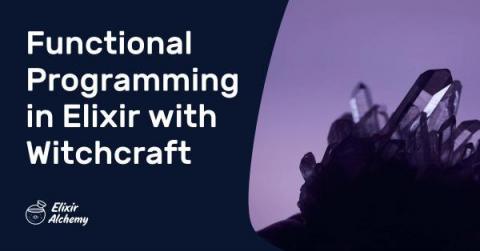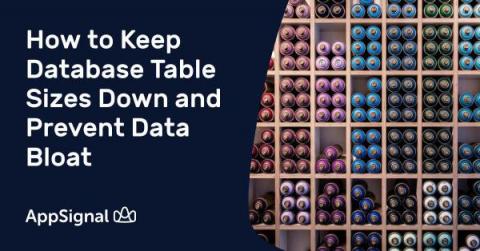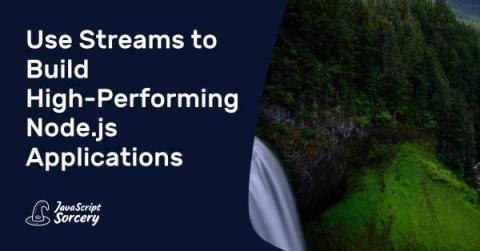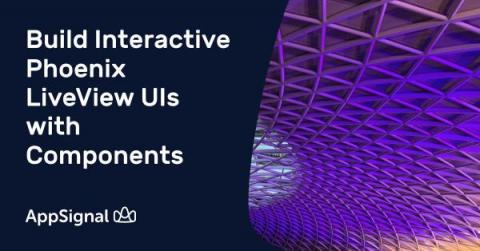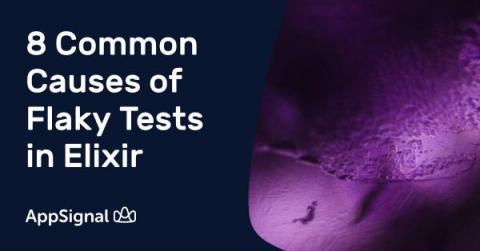Functional Programming in Elixir with Witchcraft
While Elixir is a functional programming language, it is different from most of the other popular functional languages like Haskell, Scala, OCaml, and F#. Elixir pragmatically handles concurrent systems with high fault tolerance. In other words, Elixir is an FP language because this naturally fits it, and not for its own sake. So, porting idioms blindly from Haskell to Elixir can lead to undesired results.


